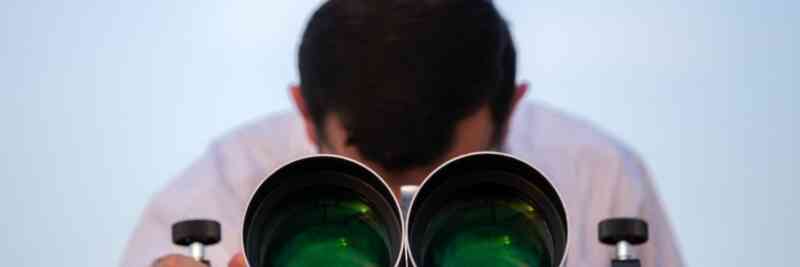The job interview - blind date with consequences
The job interview - what questions will you be asked and how should you deal with them? And your own questions? What to do with them? Date: October 2, 2025The job interview: a blind date with consequences
A job interview is basically like a blind date - only with more questions, less romance and a subliminal competition for the best arguments. Both sides - employer and applicant - come into the room with expectations, hopes and a few uncertainties. While the employer wants to find out whether the person not only fits in professionally, but also with the team and the corporate culture, the applicant wants to know: What can I actually expect here?
What is it really about?
Many people think that a job interview is just another opportunity to put their CV into words. Wrong! The HR department has already read it - now it's all about the nuances. What makes the person tick? How do they react to spontaneous questions? Are they really interested in the position or is it just about the next career step? And vice versa: Are the promised working conditions really that attractive or are they just juggling with buzzwords?
Typical questions - and what's behind them
- "Why do you want to work for us?"
Not an invitation to praise, but a trick question. If you only mention the obvious ("Great company, exciting tasks"), you haven't understood much. The trick is to show that you have looked into the corporate culture and goals.
- "Where do you see yourself in five years?"
Translation: "Do you have a plan or are you somehow slipping through your career?" Employers like perspective - but also realism - "What are your weaknesses?"
The infamous self-revelation. But beware of standard answers like "I'm a perfectionist" - nobody believes that anymore. Much better: name a weakness, but show how you are working on it. - "Do you have any questions for us?"
This is the moment when you decide whether a real dialog will take place or whether it will remain a question and answer session. Anyone who asks: "What are the next steps?" has only understood half of it. The right question is: "What do you expect from me in the first six months?" - This signals initiative.
What applicants want to know (but are not always allowed to ask)
It's not just companies that have expectations. Applicants want to know:
- What does my everyday life really look like here? (Instead of just "varied tasks" in the job advertisement)
- What is the atmosphere in the team like? (Is "family atmosphere" code for unpaid overtime?)
- What benefits are there apart from a fruit basket and table football?
The crux: Some of these questions are awkward to ask directly. It is better to read between the lines or ask subtly ("What does a typical working day look like?").
The bottom line: eye level instead of an exam situation
A job interview is not a one-way street. Good conversations happen when both sides are honest - not just about qualifications, but also about expectations and the reality of the job. If you get involved, you will not only find the right job, but also the right employer. And that's what it's all about in the end, isn't it?









